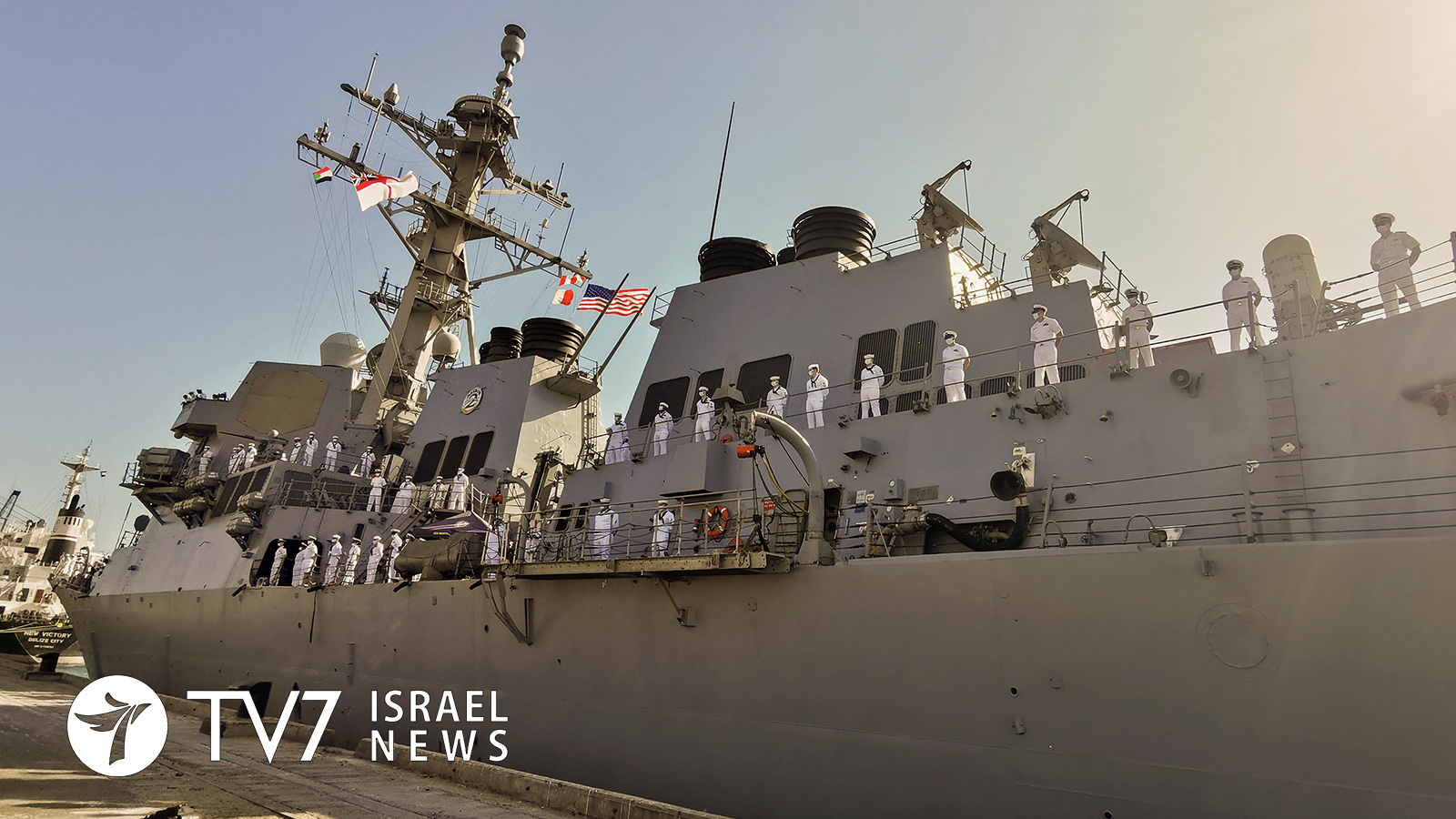A United States naval destroyer docked on Sudan’s Red Sea coast yesterday, just one day after the arrival of a Russian frigate.
The visits are a visible demonstration of rising international competition for influence in the Republic, which is located in a volatile region bridging the Horn of Africa, the Gulf, and North Africa.
In the latest signal of thawing relations with the US following the 2019 overthrow of long-time ruler Omar al-Bashir, some 300 marines stood at attention aboard the USS Winston Churchill as they were welcomed by a Sudanese military band in the strategically-important city of Port Sudan.
The US Navy’s 6th Fleet said Sudanese officials will tour the ship and “explore opportunities to work together and establish a basis for a relationship committed to security and stability” with their American counterparts.
“The reason I’m here is because I want to learn more about your country [and] develop partnerships with your navy,” said Rear Admiral Michael Baze, who directs maritime affairs for the US Sixth Fleet.
Fleet commander for the Port Sudan Naval Base Col. Ibrahim Hammad remarked that the development comes “after a break of more than 30 years,” considered of “great significance” and a “return to the American-Sudanese relations in the framework of visits of warships.”
Bashir was ousted in a military coup in April 2019. An interim constitution signed by the country’s transitional government in August of that year contained no mention of Islamic Sharia law that had been imposed since 1983, that had permitted judicial punishments of public flogging and death by stoning or crucifixion.
Following the forging of political and economic ties between Washington and Khartoum, then-US President Donald Trump announced in October 2020 that Sudan would become the third Arab state to normalize ties with Israel as part of the Abraham Accords. The US also removed Sudan from its list of State Sponsor of Terrorism in December, after Khartoum also agreed to pay $335 million in compensation to victims of the 1998 terrorist bombings of the US embassies in Tanzania and Kenya. Sudan was accused of not only assisting the al Qaeda operatives who carried out the twin attacks, but of having sheltered the group’s notorious leader Osama bin Laden.
According to a US statement, officials from the US Africa Command visited Sudan in late January to discuss “opportunities for future military to military engagements” with local authorities.
The American presence was preceded by Russia, whose Admiral Grigorovich frigate became the first of its warships to set anchor in Port Sudan on Sunday. The Kremlin has also announced plans to establish a naval base in the city equipped to moor nuclear-powered surface vessels.
Qatar and Turkey had both signed deals to restore the nearby Red Sea port of Suakin prior to Bashir’s ousting.
